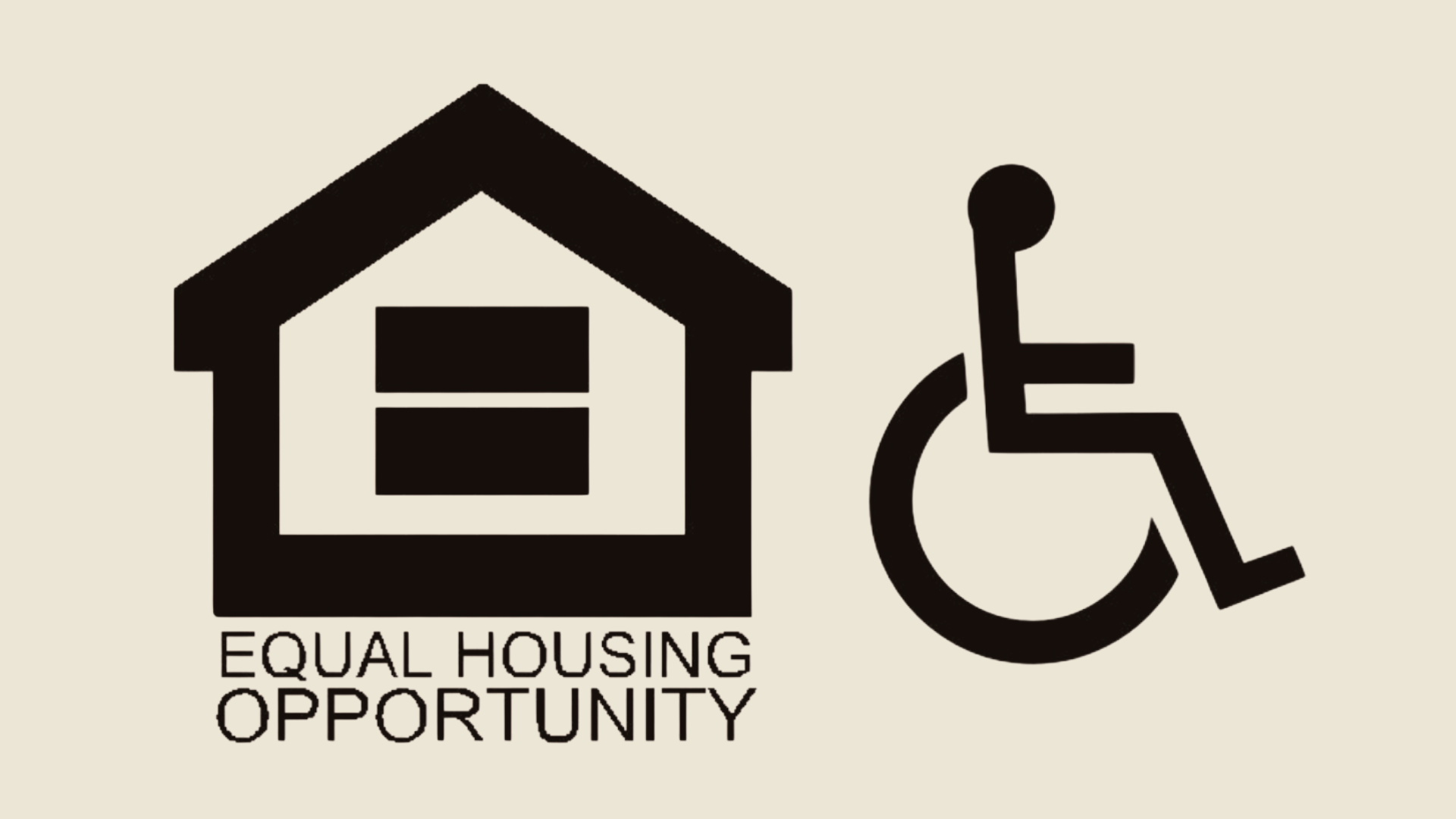
We Were Told That Buying A Home Meant Security, Stability, And A Guaranteed Path To Wealth
But in today’s fast-shifting economic and technological landscape, that ideal is showing serious cracks. Welcome to the new reality—where the American dream of homeownership is colliding with a whirlwind of debt, escalating costs, and digital disruption. The risks of traditional ownership are no longer just financial—they’re deeply strategic.
Recent data reveals that the average homeowner now pays over $21,000 annually in hidden costs alone: maintenance, taxes, utilities, and insurance quietly draining your budget without adding to resale value. Add inflation and rising repair costs to the equation, and you’re not building wealth—you’re bailing water.
Many dive into ownership driven by outdated myths:
That a home is always an appreciating asset (it isn’t).
That buying is always smarter than renting (it’s not).
That the mortgage is the cost ceiling (far from it).
And here's the emotional reality: Nearly 45% of homeowners regret their purchase. Not just because of the money—but because they feel stuck, overextended, or underprepared. It's not just a house. It’s a lifestyle contract—one that too few read carefully.
Take a look around your home. You already have a laundry room that houses two robots—washer and dryer. But have you considered how much space your future will need for:
- Indoor delivery drones?
- Climate sensors and air purification systems?
- Humanoid service robots?
- Smart storage for Amazon-style daily deliveries?
This isn’t sci-fi. It’s already underway. We're transitioning into an era where homes are no longer passive structures, but interactive ecosystems. That dreamy “extra bedroom” may soon become a roboroom—housing infrastructure for AI-driven support systems, maintenance bots, or wellness tech.
And while we adapt, cities and construction standards are evolving too. New homes are being built with:
- Digital twins for real-time energy and resource monitoring.
- Smart water and energy networks that self-adjust usage.
- Modular spaces that transform into offices, gyms, or greenhouses.
- Self-generating energy systems like solar roofs and kinetic floors.
In the next 20 years, buying a home without considering its technological adaptability could feel like buying a flip phone in a smartphone world.
We’re no longer just choosing a location or a floorplan—we're investing in platforms that shape how we live, earn, care for our families, and connect to the broader smart cities emerging around us. Debt can tether us to outdated systems. Drain wears us down emotionally and financially. Disconnection—from the pace of change—can leave us behind.
- Think like an investor, not just a buyer: Can this home evolve with your needs and integrate with smart systems?
- Assess future-ready features: Energy-efficient homes with net-zero or solar already command 4–10% more in resale value.
- Budget beyond tradition: Plan for digital infrastructure, robotics, and energy storage—not just paint and countertops.
- Design for multi-functionality: Rooms should flex into content studios, wellness pods, telehealth hubs, or micro-classrooms.
- Follow the digital twin movement: Smart city-connected homes will hold greater appeal to lenders, insurers, and buyers.
Homeownership As We Know It Is Just Getting Started. The home—once defined by walls, mortgage rates, and curb appeal—is being redefined by data, adaptability, and intentionality. It's no longer about just "buying a home." It’s about building a resilient, responsive habitat in sync with the life you lead and the world you're entering.
And perhaps most importantly, it's about not walking into ownership blindfolded. This lesson isn't just for buyers—it's for anyone guiding loved ones toward homeownership. Sharing this could be the most valuable gift you give this year.
Are you buying a home for yesterday’s world… or building one for tomorrow’s?I’d love to hear your thoughts: What “future features” would you value most in a home? What would your dream home office or home wellness space look like in 2030?
Imagine gifting a mindset shift that protects someone from years of unnecessary stress, and empowers them to build a truly future-proof life.




